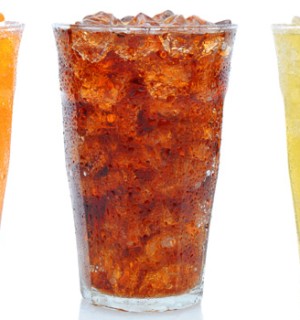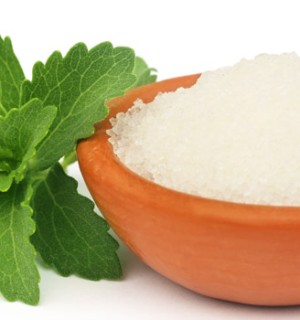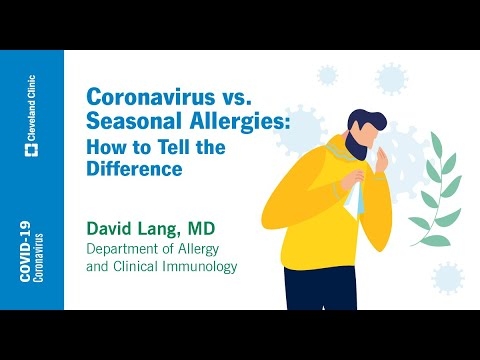Maintaining good kitchen hygiene and following food safety guidelines are the best ways to find protection from germs and bacteria that can cause illness. Food poisoning and other illnesses can occur quickly and easily when proper kitchen hygiene practices are not executed. In order to reduce the amount of bacteria and germs in the kitchen and in food, you need to make the kitchen a safe and clean place to prepare and eat meals.
Personal Hygiene
It is important to practice frequent hand washing while working in the kitchen. Germs and bacteria live on most surfaces that are touched throughout the day, and washing hands before working in the kitchen can help prevent these germs and bacteria from contaminating food, dishes, or utensils. Hands should also be washed immediately after handling raw meat, poultry, or eggs.
To wash hands thoroughly and effectively, use soap and warm water. Rub hands together vigorously for at least twenty seconds, making sure to clean lower arms and underneath fingernails as well.
Keep any long hair pulled back tightly, and do not brush or comb hair in the kitchen. Dirt is attracted to hair, and if hair finds its way into the food it can transfer the dirt and cause sickness. Steer clear of preparing food in the kitchen when sick. Even if proper hand washing techniques are followed and there is no direct coughing or sneezing into the food, just breathing around food while sick can transfer germs or illness.
Kitchen Sanitation
Wash all food preparation items thoroughly and immediately after use. Clean all surfaces and utensils with warm soapy water before using them to prepare another type of food. Remember that rinsing is not the same as cleaning, and only warm soapy water will kill germs and bacteria.
Consider using a separate cutting board for raw meat to decrease the risk of food poisoning.
Use paper towels or disinfecting wipes whenever possible, and dispose of them afterward. Cloth towels used to wipe, clean, or dry surfaces can simply spread bacteria around the kitchen when they are reused. When using cloth towels, make sure they are washed with soap and hot water between uses. After washing dishes, make sure any dish soap is completely rinsed away. The soap residue that is left behind can cause stomach sickness.
Clean out cupboards and appliances often. Bacteria can multiply in these areas quickly, especially in the refrigerator. Crumbs and food particles attract rodents and bugs, so clean all areas and frequently sweep and wash the kitchen floor.
Food Safety
Thaw frozen foods in the refrigerator rather than at room temperature, where bacteria multiples more quickly. Cook food immediately after it is thawed and make sure to cook all food thoroughly. The heat used while cooking acts as a way of sanitizing the food by killing bacteria and germs. Use a clean thermometer to ensure that the food is cooked to the correct temperature.
When storing food, always make sure that the storage temperature never rises higher than 40 degrees Fahrenheit. Store food loosely in containers rather than packed in tightly, allowing cool air to circulate through the food. Make sure that every item in the refrigerator is stored securely and tightly to reduce the risk of bacteria spreading from raw foods to cooked foods.
Reheat food in the quickest method possible and to the highest temperature appropriate for the food. Never re-freeze food after it has been thawed.
While it may not be possible to completely prevent food poisoning and sickness, some of the sources of harmful bacteria can be eliminated. Practicing good hygiene in the kitchen and adhering to food safety guidelines may take additional time or effort, but the health rewards are beneficial.



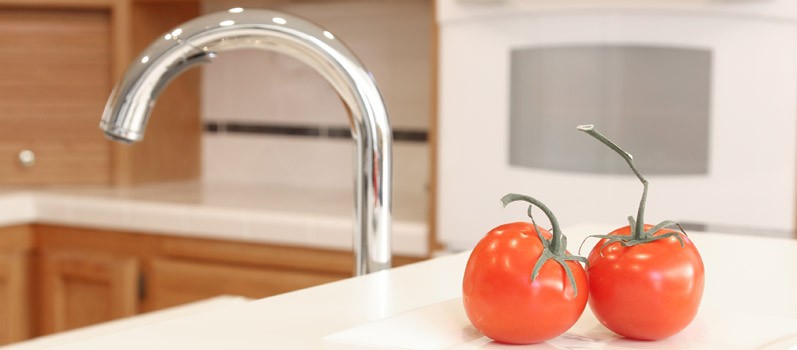
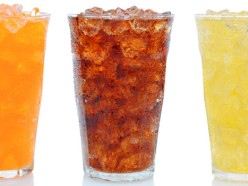
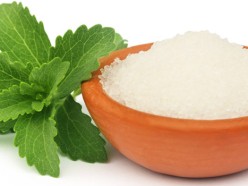
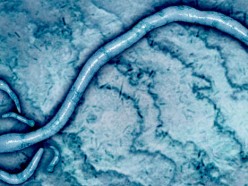
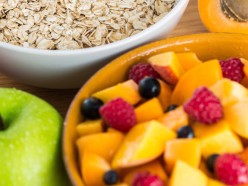
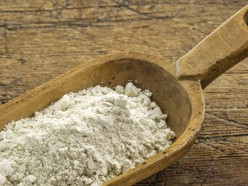
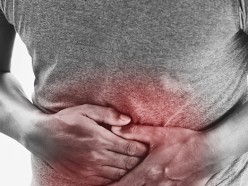
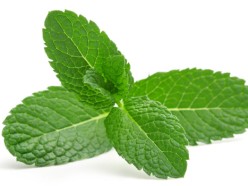





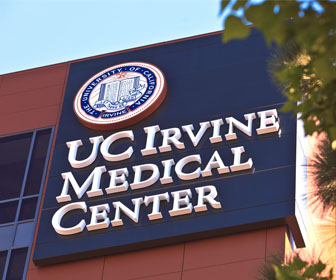
.jpg&w=300&h=320)
.jpg&w=300&h=320)
.jpg&w=300&h=320)

